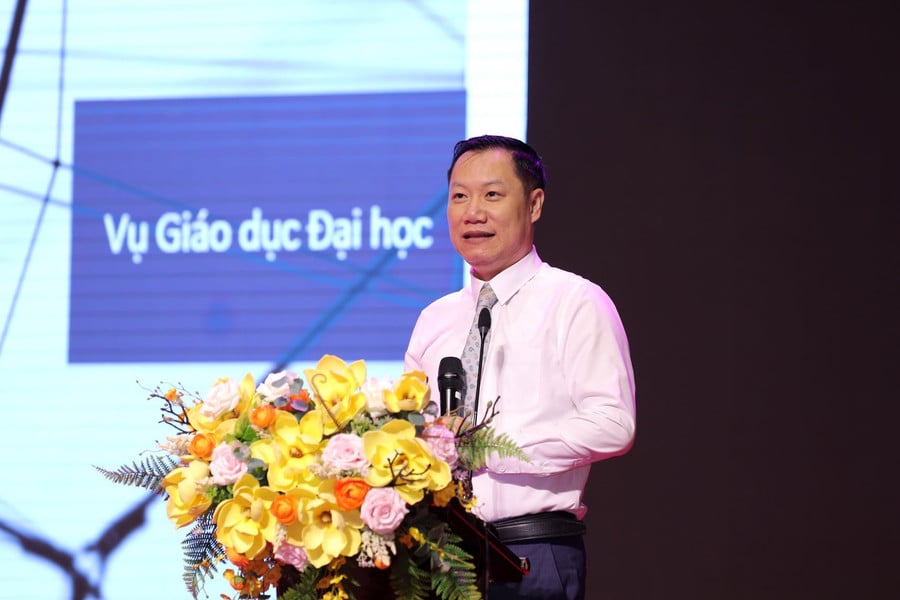
Create a legal corridor
Reporting at the Workshop, Prof. Nguyen Tien Thao, Director of the Department of Higher Education, Ministry of Education and Training (MOET), said that in terms of institutions, the Law on Higher Education has created a legal corridor for universities to implement autonomy. However, because the Law on Higher Education (GDĐH) simultaneously and directly regulates issues related to: organizational structure, personnel, finance, assets, while specialized legal regulations in these areas have not been amended synchronously, it has caused many difficulties, reducing the effectiveness of implementing autonomy of higher education institutions.
In the process of implementing Law 34/2018/QH14, higher education institutions still face many difficulties and obstacles because the legal and sub-law documents are not unified and overlap, leading to unresolved conflicts. Resolution No. 71-NQ/TW of the Politburo on breakthroughs in education and training development has removed these institutional bottlenecks.
The work of building and perfecting laws was implemented promptly, closely following Resolution 66-NQ/TW, the quantity and quality of issued documents increased, contributing to removing difficulties and institutionalizing the policies of the Party and State. The legal apparatus was consolidated with new support mechanisms and policies; the work of reviewing and systematizing documents, disseminating higher education, communicating policies and monitoring law enforcement was organized regularly, diversely and creatively, gradually improving legal awareness, discipline and effectiveness of state management of education.
Regarding lecturers and managers, the Department of Teachers and Education Managers has taken the lead in advising on the development of the Law on Teachers and submitted to the Ministry's leaders to issue synchronous directive documents, creating favorable conditions for localities and educational institutions to implement policies and regimes for teachers, including guidance on decentralization of consideration and appointment of professional titles and promulgation of internal administrative procedures under the management of the Ministry of Education and Training; has organized training sessions to contribute to improving the quality of teaching staff.
In addition to the achieved results, the financial autonomy mechanism still has difficulties and obstacles that need to be resolved. The annual regular budget continues to be cut, causing difficulties for units in ensuring training quality; especially in completing the program, improving facilities and equipment...
Tuition fees have not yet been able to fully cover training costs due to competitive pressure in enrollment, and because increasing tuition fees will affect social security, schools still offer tuition fees that do not fully cover costs, which also affects the unit's revenue.
Resources from the state budget for investment in science, technology, innovation and digital transformation are still limited, too low compared to the potential of the science and technology system and human resources of higher education institutions. The financial mechanism for science, technology, innovation and digital transformation activities in general and in higher education institutions in particular still has many problems...
Improve quality
The university and college admissions in 2025 will remain stable, while promoting the advantages of 2024. The new point is to organize only one general admission round after the high school exam, requiring the review of transcripts based on the results of the entire 12th grade, standardizing the conversion of admission scores and limiting bonus points/bonus points to create fairness. The system is expanded with the participation of 194 colleges.
The general admission support system has been operating stably, overcoming many shortcomings of previous years. The number of candidates registering for the exam reached 852,000 with 7.6 million wishes for more than 4,000 majors and training programs of more than 500 universities and colleges nationwide. The shortcomings of organizing early admission and dividing the quota between admission methods and combinations have been overcome.
The entire admission process is transparent, minimizing unreasonable differences in benchmark scores between methods and admission combinations for the same major and school. As a result, 625,477 candidates confirmed their enrollment (an increase of 13.8% compared to 2024). The high admission rate shows the increased trust of learners and society in the quality of training.
Pedagogical and key technical and strategic technology majors strongly attract excellent candidates, especially at top universities, while the average benchmark score in 2025 is about 3 points lower than in 2024. The benchmark scores of majors and schools are strongly differentiated, especially STEM majors, which have improved significantly.
In particular, in the 74 majors with a standard score based on the high school graduation exam score of 28/30 or higher, there are 50 pedagogical majors and 17 key technical majors and strategic technologies (computer science, artificial intelligence, semiconductor microchips, control and automation, etc.).
However, in 2025, some training institutions still made mistakes and handled them slowly, causing anxiety and frustration for candidates and their families. Specifically, in the general admission round, 14 out of more than 500 admission points of higher education institutions made mistakes that significantly affected the candidates' admission results. The training scale continues to grow, scientific research records many results. In the 2024-2025 school year, the STEM block (Block V) increased sharply to more than 707,000 students; the health block nearly 174,000; business - law more than 576,000. Master's and doctoral degrees also have a clear expansion, especially in the fields of technology, engineering and social sciences.
Regarding opening majors, after Circulars 02/2022 and 12/2024 were issued, schools have proactively opened a series of new majors. In 2024 alone, 215 undergraduate majors, 75 master's majors and 27 doctoral majors were opened under an autonomous mechanism. This is an important step forward, creating conditions for schools to quickly meet human resource needs in high-tech fields such as artificial intelligence and big data.
The expected orientation of key tasks for the 2025-2026 school year for higher education focuses on implementing Resolution No. 71-NQ/TW dated August 22, 2025 of the Politburo on breakthroughs in education and training development and Resolution No. 57-NQ/TW on breakthroughs in science, technology, innovation and national digital transformation; mobilizing all resources to improve capacity and operational efficiency, creating a strong shift in the quality of training and research throughout the system; well preparing the premises for the new development stage of higher education, implementing strategic breakthroughs in human resources, especially high-quality human resources in key fields and sectors.
Source: https://baotintuc.vn/giao-duc/thao-diem-nghen-de-giao-duc-dai-hoc-but-pha-20250918125615349.htm




![[Photo] Prime Minister Pham Minh Chinh receives the delegation of the Semiconductor Manufacturing International (SEMI)](https://vphoto.vietnam.vn/thumb/1200x675/vietnam/resource/IMAGE/2025/11/06/1762434628831_dsc-0219-jpg.webp)





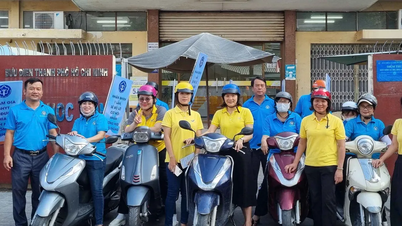


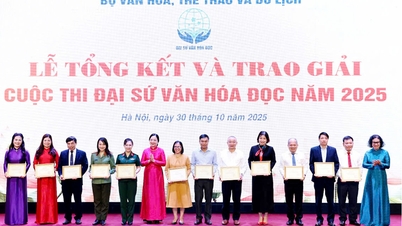

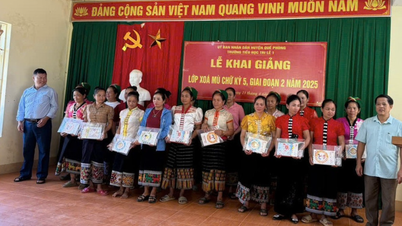


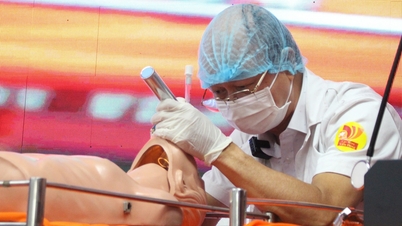





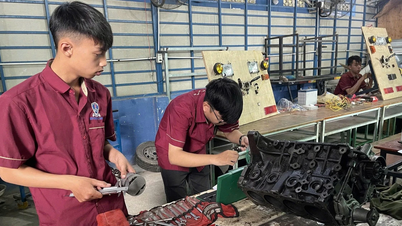

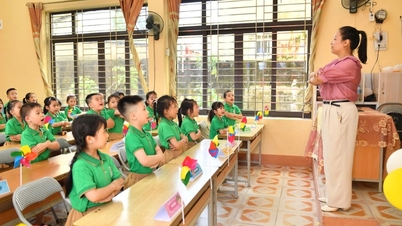






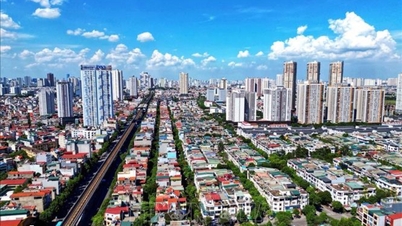
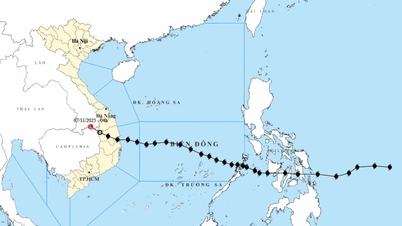
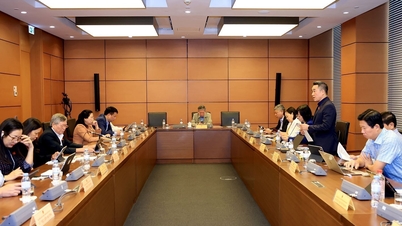

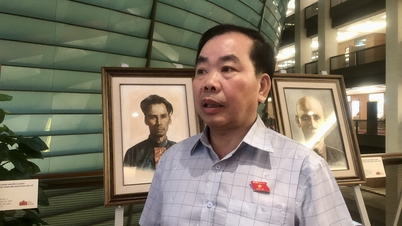





































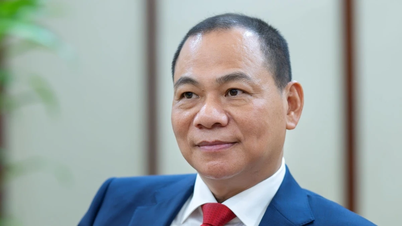
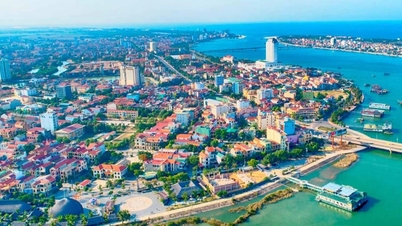














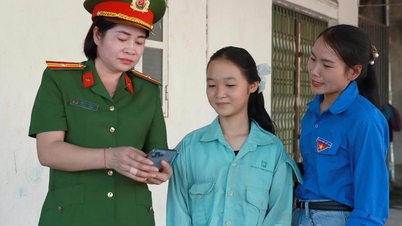
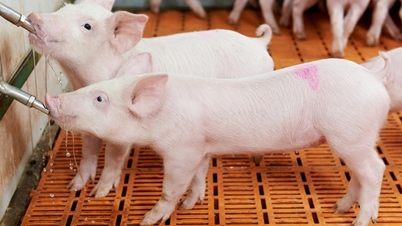





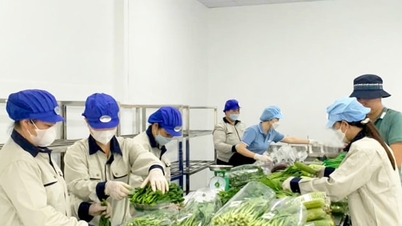











Comment (0)